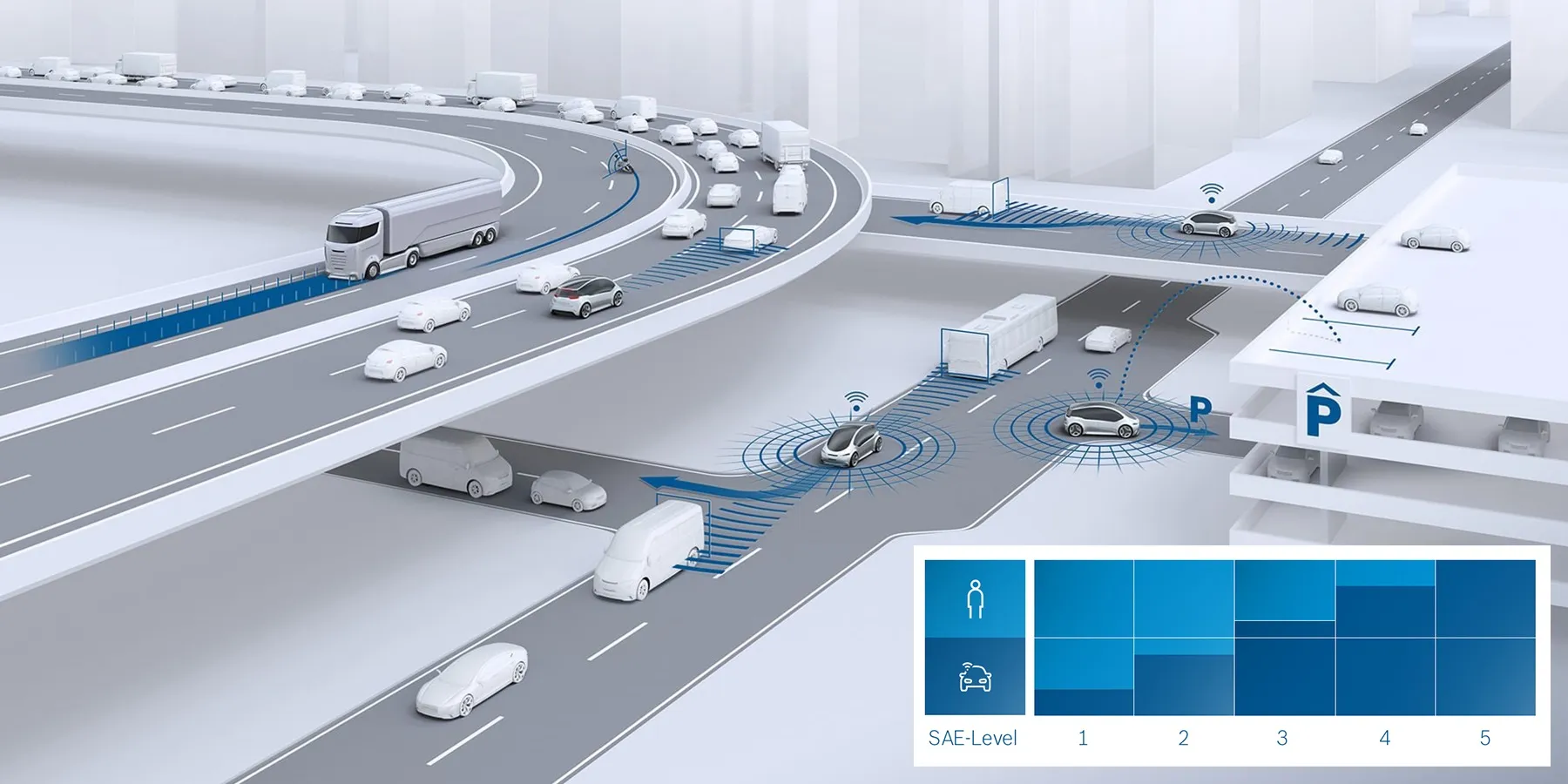German automotive supplier Robert Bosch is to collaborate with Chinese internet group Baidu and map providers AutoNavi and NavInfo, in a deal that will use data collected by Bosch’s radar and video sensors in vehicles to generate and update high precision maps for automated driving. In addition, Bosch and Baidu have set up a test vehicle for partially automated driving on Chinese motorways. The vehicle, based on a Jeep Cherokee, is equipped with Bosch components, including five mid-section radar sensors and
April 19, 2017
Read time: 1 min
German automotive supplier Robert 311 Bosch is to collaborate with Chinese internet group Baidu and map providers AutoNavi and NavInfo, in a deal that will use data collected by Bosch’s radar and video sensors in vehicles to generate and update high precision maps for automated driving.
In addition, Bosch and Baidu have set up a test vehicle for partially automated driving on Chinese motorways. The vehicle, based on a1957 Jeep Cherokee, is equipped with Bosch components, including five mid-section radar sensors and a multi-purpose camera for environment recognition, as well as an ESP braking control system and electronic power steering.
The deal marks a fourth testing location after Germany, the USA and Japan and follows a self-driving deal the company made last month with2069 Daimler's 1685 Mercedes aimed at accelerating the production of ‘robo-taxis’.
In addition, Bosch and Baidu have set up a test vehicle for partially automated driving on Chinese motorways. The vehicle, based on a
The deal marks a fourth testing location after Germany, the USA and Japan and follows a self-driving deal the company made last month with








